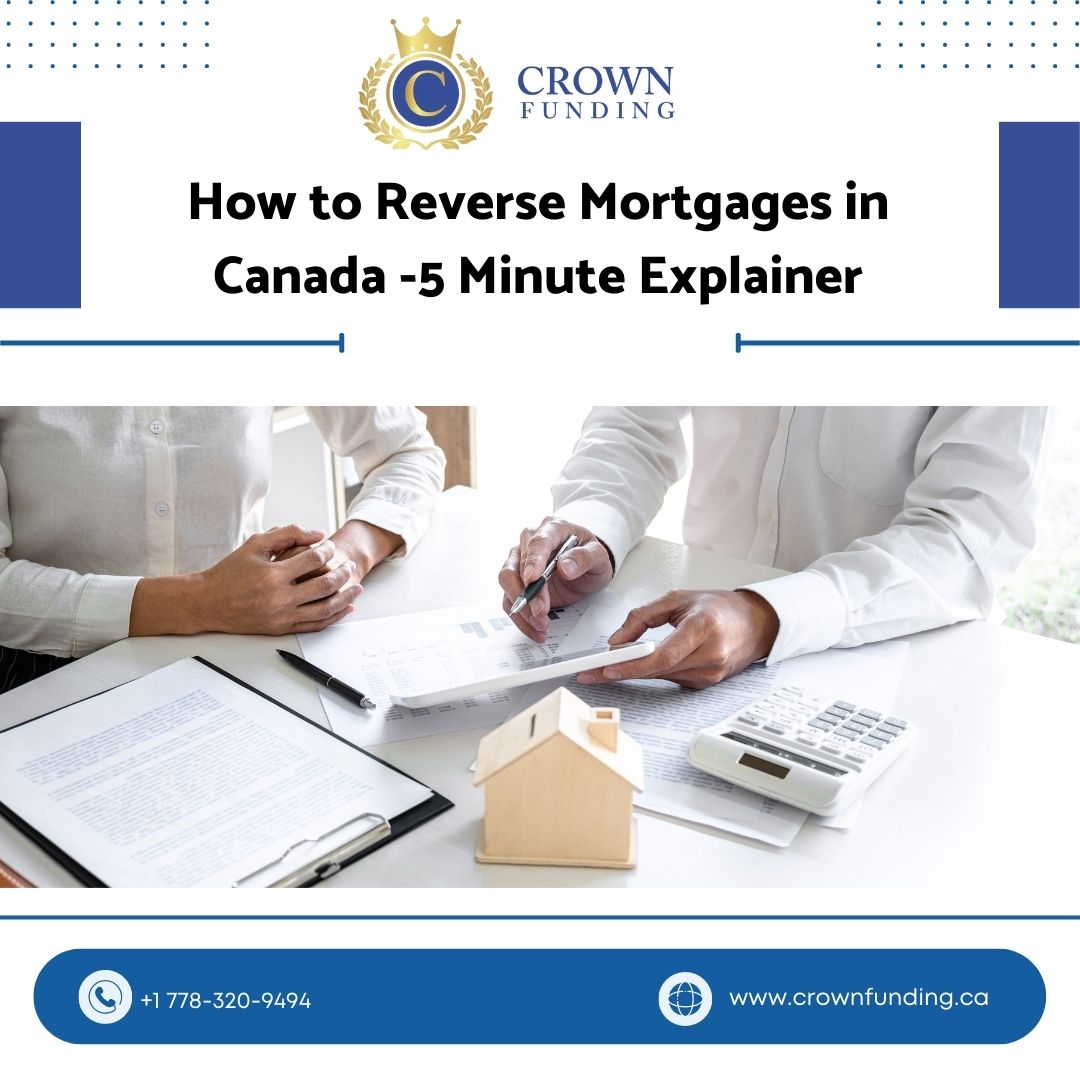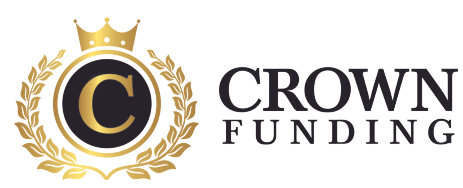
How to Reverse Mortgages in Canada -5 Minute Explainer
Buying a home necessitates careful financial planning, but the financial commitments do not end there. Being a homeowner is an asset, but it does not assist you in managing your day-to-day costs and expenses. Indeed, many Canadians consider themselves “home poor,” which may strain budgets and portfolios, but a reverse mortgages can assist!
By utilizing the equity in your house, Canadian homeowners can restructure debts, pay renovations, or cover medical and educational needs. For many Canadians, having to sell their house is an unhappy last resort. Before you agree to an unwelcome downsizing or forced relocation, check with a reverse mortgage loan expert to see whether you qualify.
What exactly is a Reverse Mortgage?
A typical or regular mortgage is familiar to all homeowners, while reverse loans are less prevalent. A reverse mortgage is a loan that allows homeowners to access the equity in their houses without having to sell or depart. These loans, sometimes known as “equity releases,” allow borrowers to access existing equity without incurring additional monthly payments. This loan has significant advantages, particularly for property owners with most of their money invested in their property.
Unexpected Costs in Retirement: When Do I Need a Reverse Mortgage?
Successful retirement planning entails much guesswork regardless of how hard you try. According to a recent CIBC research, nearly half of retired Canadians (48 percent) left the workforce sooner than intended. Early retirement will influence monthly budgets and the ability to deal with emergencies. The following are some of the most typical unexpected expenses faced by retired Canadians:
Home Maintenance and Renovations: Homes, their construction materials, fixtures, and appliances become obsolete over time. The expense of replacing an aged roof can run into hundreds of dollars. When you have decaying window frames or a leaking roof, you may have to pay for the necessary repairs out of pocket.
Personal Emergencies: Although it is an uncomfortable concept, practically every Canadian has experienced an unanticipated emergency. This could include travelling to care for a sick or injured relative or taking a leave of absence to deal with property or legal issues. The costs of this can quickly become crippling.
Longer Life Expectancy: While enjoying a long life is a blessing, no one expects to live indefinitely. Depending on the type of retirement planning in place, it is entirely possible to outlive your retirement resources. Seniors’ medical expenses are bound to climb as they age. That is why it is vital to over-plan your retirement and keep backup solutions on hand, such as reverse mortgage possibilities.
How Do These Loans Function?
Reverse mortgage lenders provide loans of up to 55% of the home’s appraised value. One can use this sum to pay off any existing mortgages or loans on the property. Once you pay off these debts, the remaining funds are available for use at the borrower’s choice. This can be paying off property taxes and other bills, attending college for a semester, or making an investment you have always wanted to make.
Rather than being repaid in monthly instalments, the principal and interest of a reverse mortgage loan are paid out when the home is eventually sold, or the last borrower dies. These payments can be made in one lump sum or monthly instalments. Borrowers must be 55 or older to qualify for one of these specialist loans, and they must give documents to financial institutions documenting their age and the value, location, and condition of their property.
How to Apply for a Reverse Mortgages
Now that you know how a reverse mortgage works, you should know how to make these concepts a financial reality. A reverse mortgage can be obtained in a variety of locations across Canada. Although not all financial institutions provide reverse mortgages, some schemes do.
Home Equity Bank provides potential borrowers with Canadian Home Income Plan (CHIP) reverse mortgage possibilities, whereas Equitable Bank provides borrowers with a comparable scenario. The most straightforward approach to negotiating this type of loan is to use the services of an experienced mortgage broker. Instead of pursuing several financial institutions or programmes, a mortgage broker may locate, prepare, and acquire a reverse mortgage.
Reverse mortgages
Before making any financial decisions, it is crucial to seek professional advice. A reverse mortgage is excellent for taking equity out of your house to pay for unforeseen expenses or even to increase the value of a home. With no recurring monthly payments, this loan type will not burden your household’s finances. This money is not taxable and does not affect elderly citizens’ old-age entitlements.
Reverse mortgages have higher interest rates than conventional lines of credit because of the nature of these loans. Additionally, repayments must be made within a specific period following the sale of the property or the demise of the last borrower. Complex estates may take longer to settle than the allocated time for repayment. As a result, forcing the family to cover the debt until money are available.
Consult a mortgage broker immediately away if you believe a reverse mortgage is the best option for you. Professionals with extensive training can match prospective borrowers with lenders who will best meet their requirements. Crown Funding Mortgage Broker is a Licensed Mortgage Specialist
